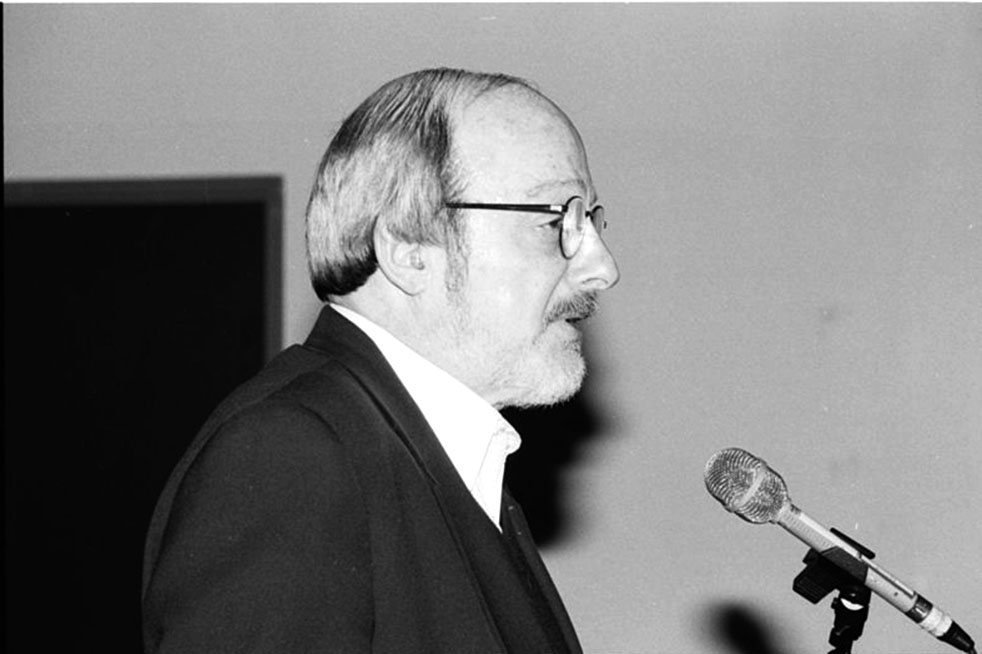E.L. Doctorow’s latest work, Andrew’s Brain, is about the life of the titular Andrew, a destructively absentminded cognitive scientist, from inside his own mind. Told loosely in the format of conversations with a therapist, the story peels back layers of Andrew’s recollections.
The summary of the plot is simple and unfortunate. Andrew marries Margaret and they have a daughter. He is inadvertently responsible for the death of the child and moves across the country in his grief. He marries Briony and they move to New York City and have another daughter, then Briony dies in the 9/11 attacks. Andrew, sensing his own instability, leaves the child with Margaret, who cares for her.
These events are revealed to the reader in no particular order, though Andrew’s retelling gains linearity when he talks about Briony. By presenting the events in an emotionally, rather than chronologically, significant order, the reader is able to tear through the layers of meaning and feeling.
Unfortunately, this emotional and developmental depth comes at a price to the novel’s readability. The novel is told from an unspecified place and time in the first and second and third person by an exceedingly unreliable narrator in stream-of-consciousness. Andrew speaks about dreams and reality without making any distinctions between the two. Occasionally the doctor to whom he is speaking attempts to impose order, but he never succeeds.
At 224 pages, it is not surprising that all the readers’ questions are not neatly wrapped up in a bow. The unusual style makes Andrew’s Brain feel like the answers would have bubbled to the surface eventually but only after a few hundred more pages.
That is not to say that the pacing is slow; because of the unconventional structure, the events unfold like scattering marbles, going in many directions at once in a great overlapping clatter in the way a person might remember the events of his life. The tone also emphasizes Andrew’s storytelling—intellectual, pervaded with worry, slightly careless about real life, lost in self-speculation. The rush of events combined with the poetic voice knocks the reader from his observational perch and into the drama of the story.
E.L. Doctorow is a veteran writer, but this experimental form is a departure from his usual style. There is no driving plot and a number of unanswered questions at the end, making this book feel remarkably like an emotional and subjective review of a man’s life.
Long-time fans of Doctorow’s work may be disappointed, but to the open-minded newcomer this book is a brief, disorienting and worthwhile dive into Andrew’s brain.
